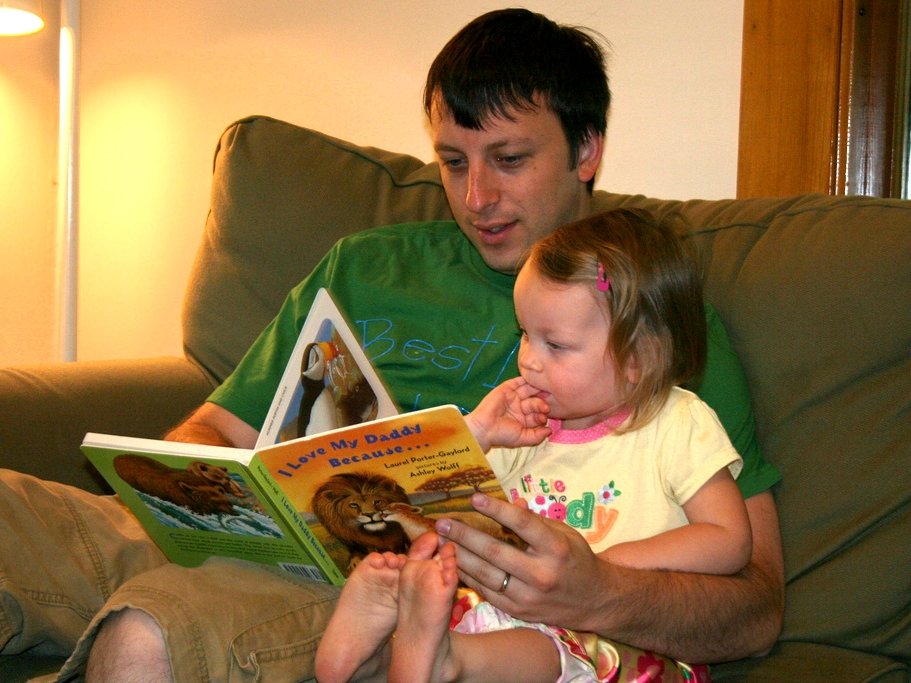Relatable Reading
Experienced book readers typically choose to read books to which they can personally relate. They have favorite genres and authors they depend on to “speak” to them. They may consider reading a book outside of their comfort zone, but it may take some convincing.
Make it meaningful
New readers behave the same way.
Children who are just beginning to discover books are open to reading just about any title. A book that somebody else has liked because it’s funny or exciting will get their initial attention, but kids need to have a steady flow of personally relevant books into their hands so that they won’t abandon reading for activities that are more meaningful to their lives.
Watch for clues
We must observe children to gather clues as to what types of books may interest them. For example, a child who’s just seen a snake in the park will probably enjoy looking at and reading books about snakes and other reptiles. Welcoming a new sibling or neighbor, a visit from grandma, a fresh sports season, wild weather, and upcoming holidays or celebrations are other examples of life events that a book can help a child explore.
The key is that books expand new horizons as well as validate lived experiences. By keeping watch out for kids’ interests and introducing them to relevant fiction and nonfiction titles, families, teachers and other caring adults can bring reluctant readers into a positive relationship with books and reading.
As we take in nourishment from life and wash it down with complementary books, we become both eager learners and hungry readers.


